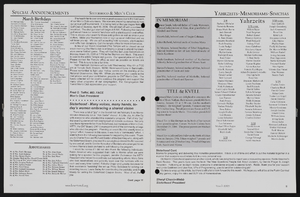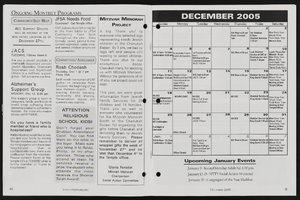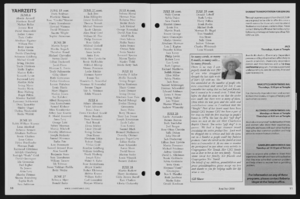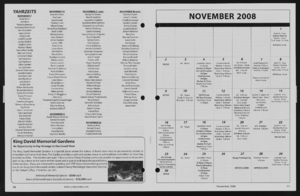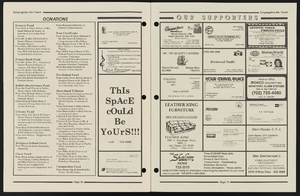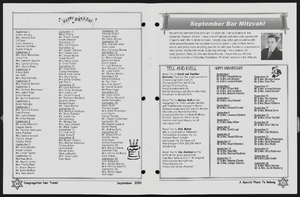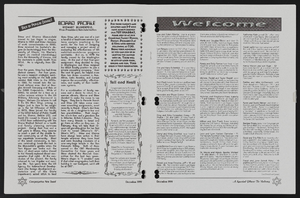Search the Special Collections and Archives Portal
Search Results
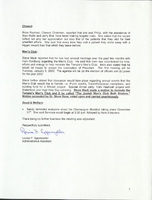
Minutes from Temple Beth Sholom Board of Directors meetings, June 1999 - December 1999
Date
Archival Collection
Description
Meeting minutes include reports from committees of the board, correspondence, and balance sheets.
Text

Interview with Bennie Reilley, Sr., May 10, 2004
Date
Archival Collection
Description
Access note: May not quote in any form without written permission from interviewee
Text

Lisa Song Sutton oral history interview: transcript
Date
Archival Collection
Description
Oral history interview with Lisa Song Sutton conducted by Cecilia Winchell, Vanessa Concepcion, and Stefani Evans on November 19, 2021 for Reflections: The Las Vegas Asian American and Pacific Islander Oral History Project. Lisa shares her personal history and childhood memories moving from Seoul, South Korea to Sierra Vista, Arizona at the age of five. She discusses her educational and professional pursuits in business litigation, bankruptcy law, entrepreneurship, modeling, and her time in the pageant circuit winning Miss Vegas and Miss Nevada in 2013. Lisa also talks about her activism and community engagement efforts to empower women within Las Vegas. She concludes her interview with insight into her Korean heritage, traditional celebrations, and religion.
Text

